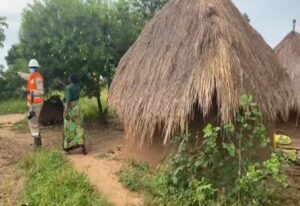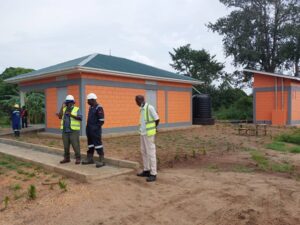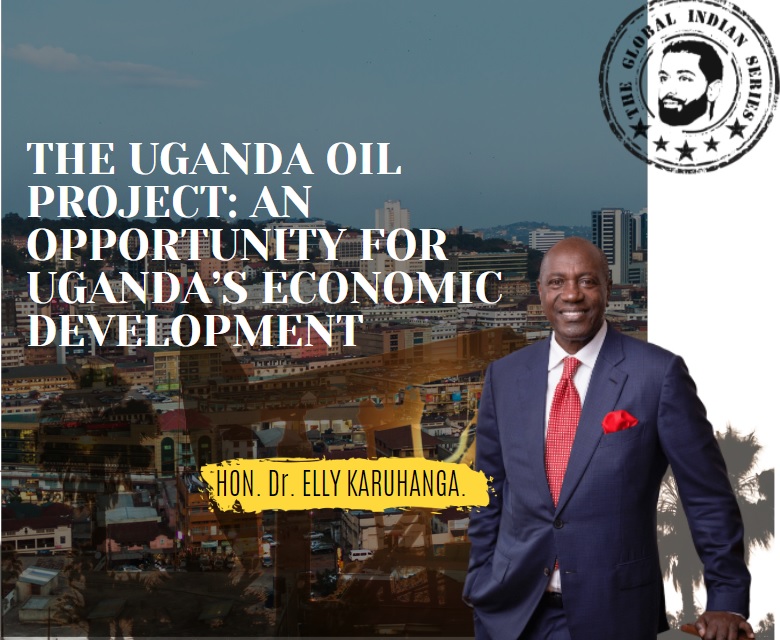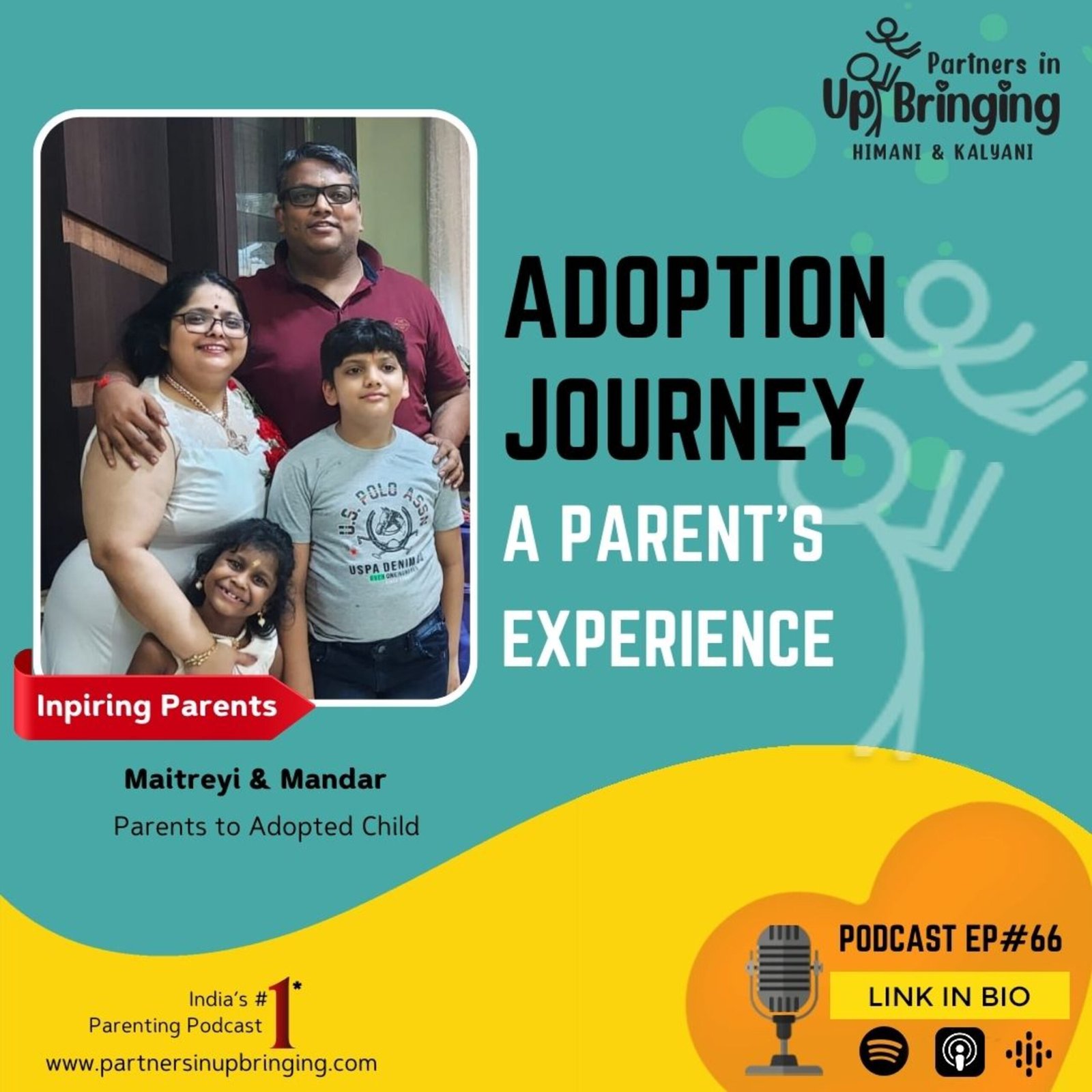THE UGANDA OIL PROJECT: A CAREFULLY CONSIDERED OPPORTUNITY FOR UGANDA’S ECONOMIC DEVELOPMENT
BY HON. Dr. ELLY KARUHANGA.
Personal opinion
Throughout my life I never knew I would find some environmental activists objectionable and so counter to African interests. This is disturbing.
I give you a woman called Joyce Katushabe who is from Buliisa on oil rich western Uganda. She lives in a one-bedroom grass thatched hut.

Mama Katushabe’s old home.
She used to walk long distances to fetch firewood. She would chop down trees, bundle them up, lift the heavy
bundle on her head in the scorching sun. She had to walk long distances with this load on her head and then get on her knees and offload the burden from her sweat drenched face all because she does not have an electricity switch in her hut nor a cooker to make food for her family. The firewood is obviously got from cutting a tree.
She would then treck back many kilometers to fetch water from the well because she did not have running water in her hut. Depict her kneeling and picking water from the deep well. Completely exhausted, she gets home to start the process of preparing a meal for her family. Thanks to Total Energies and the Government of Uganda, Joyce now lives in a house which does not leak like the hut with amenities.
Her dignity and self-esteem assured in a new neighbourhood of Buliisa.

Mama Katushabe’s new home.
In 2021 Africa lost 23.9% of its forest cover representing 8.68 metric tonnes of CO2 emissions. Africa has millions of Mama Joyce Katushabes who at this rate of destruction need only 11 years to finish the forests of Africa forcing a mass migration to our already over populated cities.
In Uganda, the Government, Total Energies and CNOOC are developing an oil and gas project which will include a pipeline that shall transport the oil from Uganda to Tanzania. The pipeline is known as EACOP (East African Crude Oil Pipeline).
The Uganda oil and gas project is a significant and unprecedented project in the history of the country with such enormous potential to boost the country’s economy and positively transform the livelihoods of the Mama Joyce Katushabe’s. This is why this activism is leaving a bad taste in the mouths of Africans.
Activists have painted a gloomy picture of this project on the basis of environment, biodiversity and social aspects yet TotalEnergies has committed to achieve Net Zero by 2050.
Indeed, we all agree that particular environmental concerns must be taken care of when developing the project. However, we must remain conscious of the fact that the world still needs oil and will continue to need it for many years to come, climate ambition of net zero by 2050 notwithstanding.
We must therefore work on ensuring that any of the alternatives to it are not only cost effective but have the necessary infrastructure and sustainability models to ensure that they bring about the desired reduction of dependency on fossil fuels. Can the alternatives provide cheap available and reliable energy to Katushabe immediately? No.
Extensive research was undertaken by the the government of Uganda, Total Energies and CNOOC which culminated into the publication of various reports such as the Environment and Social Impact Assessment (ESIA) reports, Resettlement Action Plans (RAPs), Human Rights Impact Assessment Reports among others, all of which are available on the Operators websites. These studies are conducted in consultation with various key stakeholders proposed extensive and thoroughly researched measures to mitigate impacts of the projects in line with various national and international laws, regulations, and policies.
For the Tilenga project specifically, it is indeed true that a part of it will be undertaken in the sensitive area that is the Murchison Falls National Park. However, it is quite striking in the presentation of all the different viewpoints against the project that none of the opponents recognizes the concrete efforts that have been put in place to minimize impact of the project on the National Park. Key to note here is the fact that TotalEnergies has made a strong commitment and proceeded to limit its footprint in the National Park from 10% land area that was approved in the ESIA to less than 0.05 % and this is quite a significant commitment!
It must also be noted that as the Company has announced its transition to TotalEnergies echoing its commitment to achieving NetZero by 2050, it has also indicated that there will be no routine flaring. It will use renewable power supplied by the national grid and use associated gas from the project to produce Liquified Petroleum Gas that will supplement the Ugandan market and help to reduce the cost of energy in the country and contribute to the reduction of deforestation due to use of charcoal and firewood.
Countries in the gulf like United Arab Emirates, Saudi Arabia etc have made substantial development progress because of their utilization of oil and gas resources. Everything possible is being done to protect the environment and everything possible must be done to develop Uganda. Unless development of Africa is against the interests of environmental activists.
Africa, especially EACOP is under attack by a well financed group of our supposed friends. These “friends” even try to speak on our behalf. For goodness sake can we be allowed to define our interests for once? Look at the what the oil and gas sector has done in the Albertine graben; new roads have been built, a new airport is almost complete, we have seen an unprecedented tree planting exercise and genuine economic activity in area where we haven’t previously seen any economic and social activity. There were no schools, no health centres or any amenities for the big community there. Hope is in the air.
Nothing is as disquieting and disheartening as seeing those activists beaming expensive neon lighting on banks decampaigning and intimidating financiers against our interests. Clearly they do not understand our plight and our interest so Africa should stand up!
In Uganda, in the late 90s environmentalists from the west convinced our civil society activists that Uganda should not build a hydro electricity dam at a place called Bujagali. The reason; hydro electricity was not good for our environment, it would destroy the local culture, it would displace communities. The activism was pretty effective and we took 10 years to build the dam. Our local cultures were not destroyed and our communities not displaced. Those who left Europe to oppose a hydro project are now at the fore front of arguing for renewables. The problem it seems is whether we should be allowed to use any energy at all. How can a serious activist concerned with the environment have no understanding of the deep meaning of energy poverty in Africa? And also, have
nothing to say about the destruction of forest cover?
This project presents an incredible opportunity for the country to rise from an undeveloped economy to a middle income developed economy that can sustain the increasing demands of its population for health services, education, transport infrastructure, employment opportunities and other basic social services. Additionally, Ugandans are going to participate in the project through 16 ring fenced business sectors under the local content law. The national content value the project has created and will continue to create be it at direct, indirect or induced which is expected at 40% spend will stay in country and will spur tremendous growth in our economy at unprecedented levels. We simply cannot ignore the benefits for the development versus the benefits of not undertaking this project.
This EACOP transnational pipeline will be an insulated buried pipeline for which particular care has been taken to ensure that not only will visual impact be reduced but also the route was particularly selected to minimize interruption of human settlement and environment. The Resettlement Action Plans were developed to ensure that the project affected persons are adequately assisted in relocation and livelihood restoration. These projects are consistent with the development partners’ strategy to concentrate on hydrocarbon development projects with a low breakeven point and low greenhouse gas emissions. The greenhouse gas emissions intensity of these projects stands 13 kg of CO2 per barrel, which is significantly lower than the average for oil production(20kg/boe for TotalEnergies).
EACOP is a 1443km heated pipeline. The US Department of Transportation says America has 2.6 million miles of pipeline. Surely, what is EACOP when put in its global context? OECD countries are littered with pipelines all over. The Druzhba oil pipeline is 5,500km and It connects Russia, Ukraine, Belarus, Poland, Hungary, Slovakia, Czech Republic, and Germany. We saw hardly any pressure being placed on the construction of Nord Stream 1 and Nord Stream 2 the pipelines that go under the sea. Pipelines are effective and clean means of transporting oil even under the sea in OECD countries.
To make this project work, the oil companies have been engaging with civil society and non-government organizations both national and international to ensure that stringent measures are implemented to minimize as much as possible the impact of the project on the environment, biodiversity and communities.
My plea is for us to collectively work together to ensure that Ugandans and Tanzanians and indeed all East Africans reap from the economic potential of this project whose delivery will be undertaken in a sustainable and environmentally friend manner.
Total Energies has as part of its resettlement plan built a house for Mama Katushabe. It has shown Katushabe that Total Energies is a true corporate citizen of Uganda. Katushabe’s daughter will live in a better place than her mother.
She will open a tap in her house and there will be water! She will switch on a light bulb and there will be electricity to help her do her homework at night which will aid her for the future. Her area already has a paved road. She will have a playground. Her future is only bright if those agitating in her name lose. Those who speak in her name, please remember this. Uganda and its partners Total Energies and CNOOC should be firm and hold steady. Let’s put all hands on deck to deliver as ecologically friendly a project as promised. Activists give Uganda and Tanzania a break.
Know that you are hurting the economic and social hope of East Africans.
HON. Dr. ELLY KARUHANGA. is a Senior Partner in Kampala Associated Advocates, Trustee of the Uganda Chamber of Mines and Petroleum and Chairman Private Sector Foundation of Uganda.
-------------------------------










